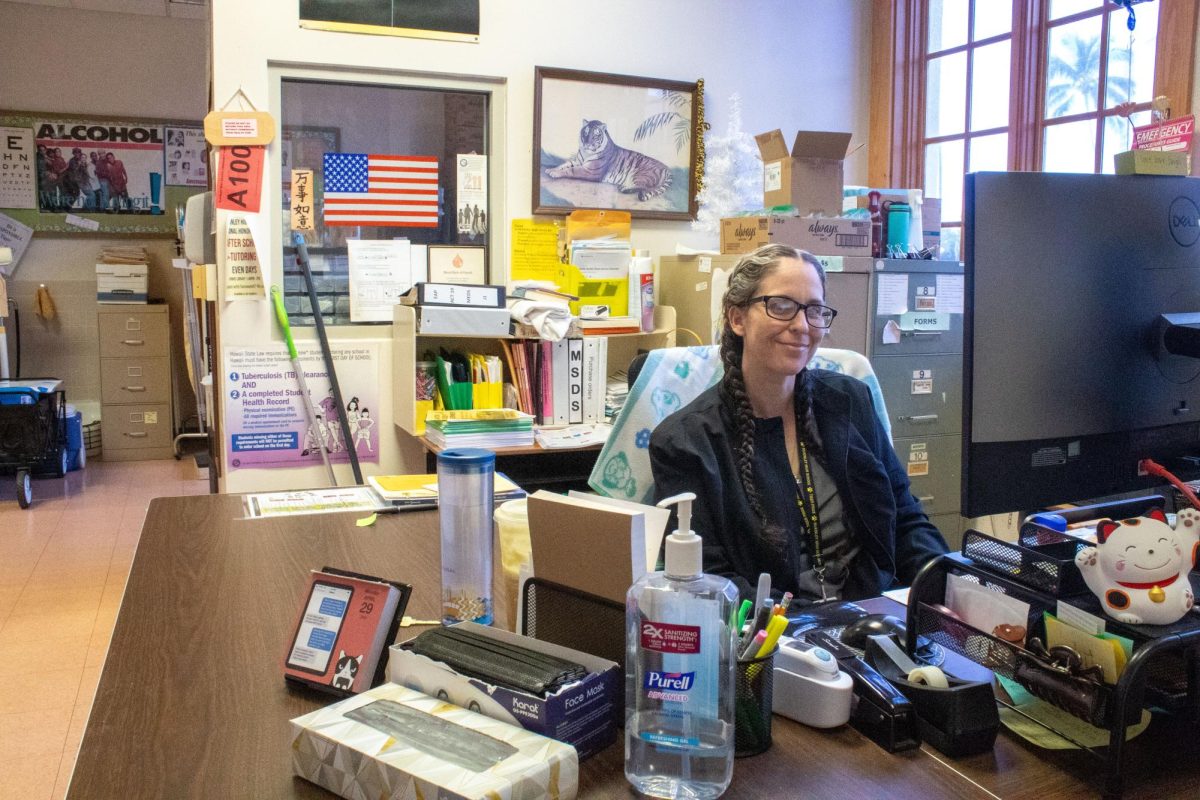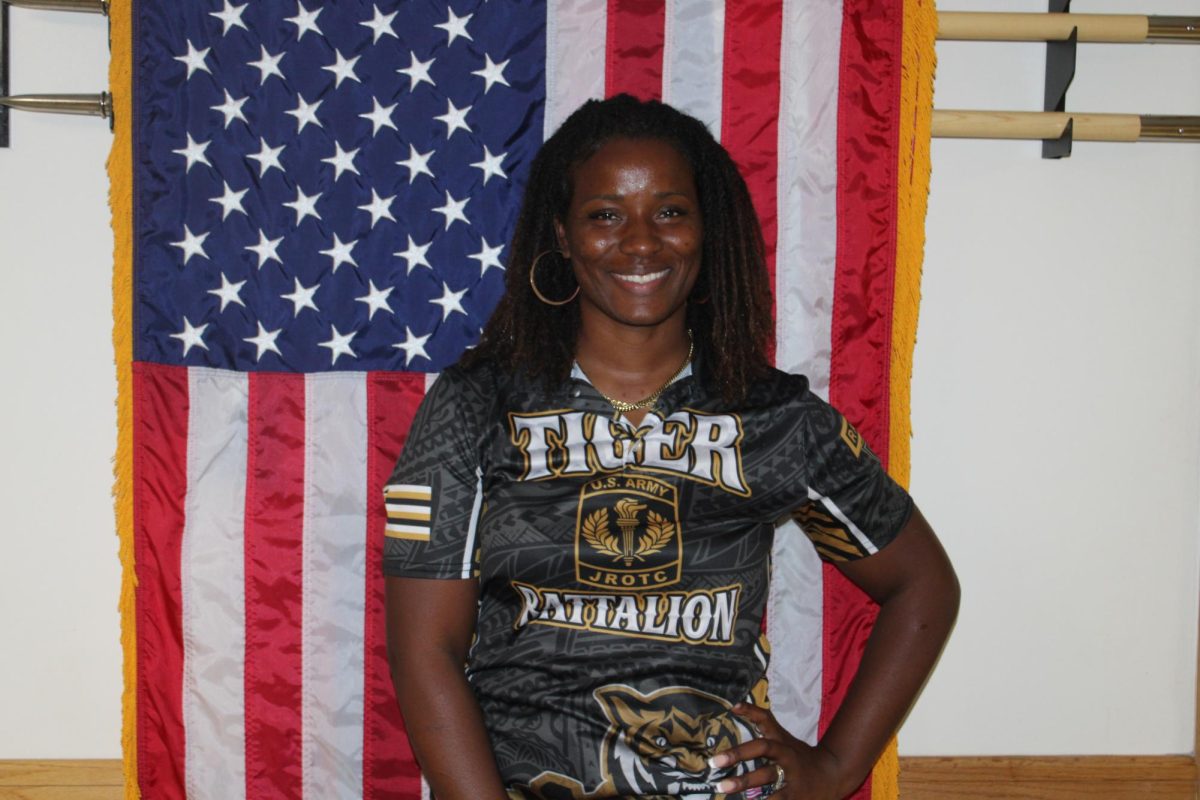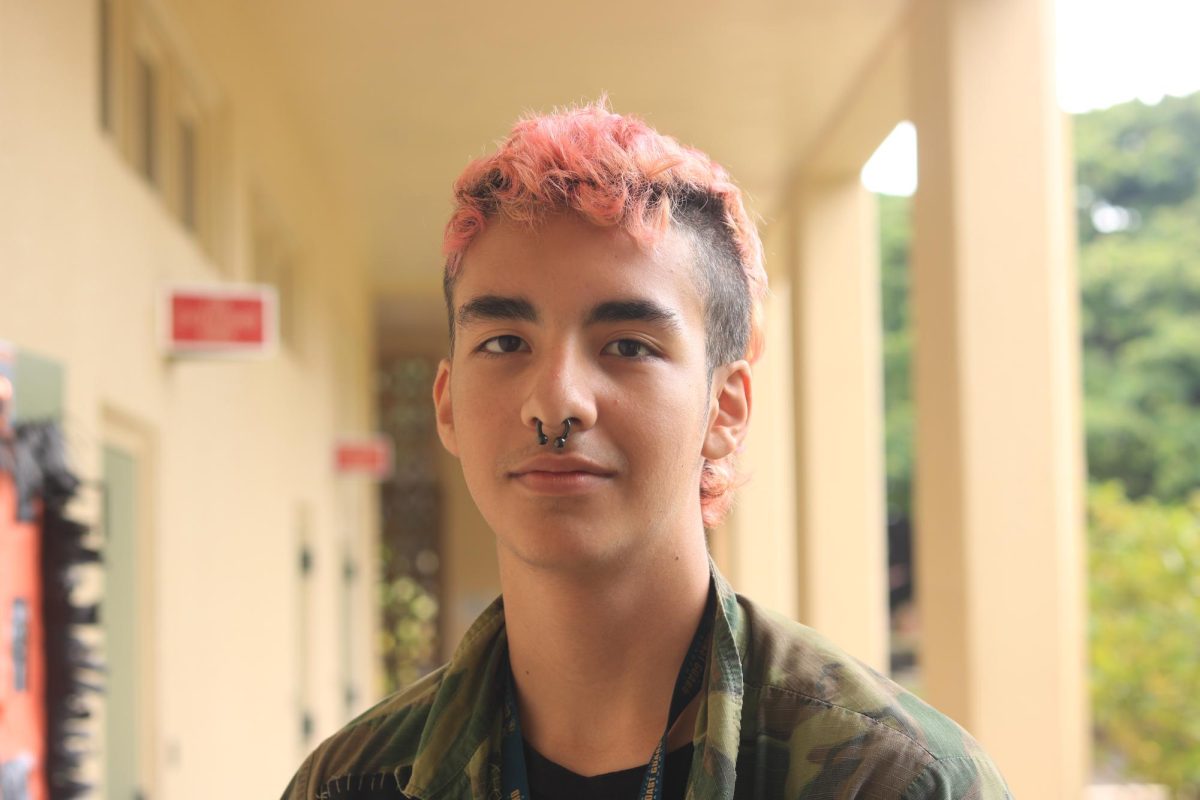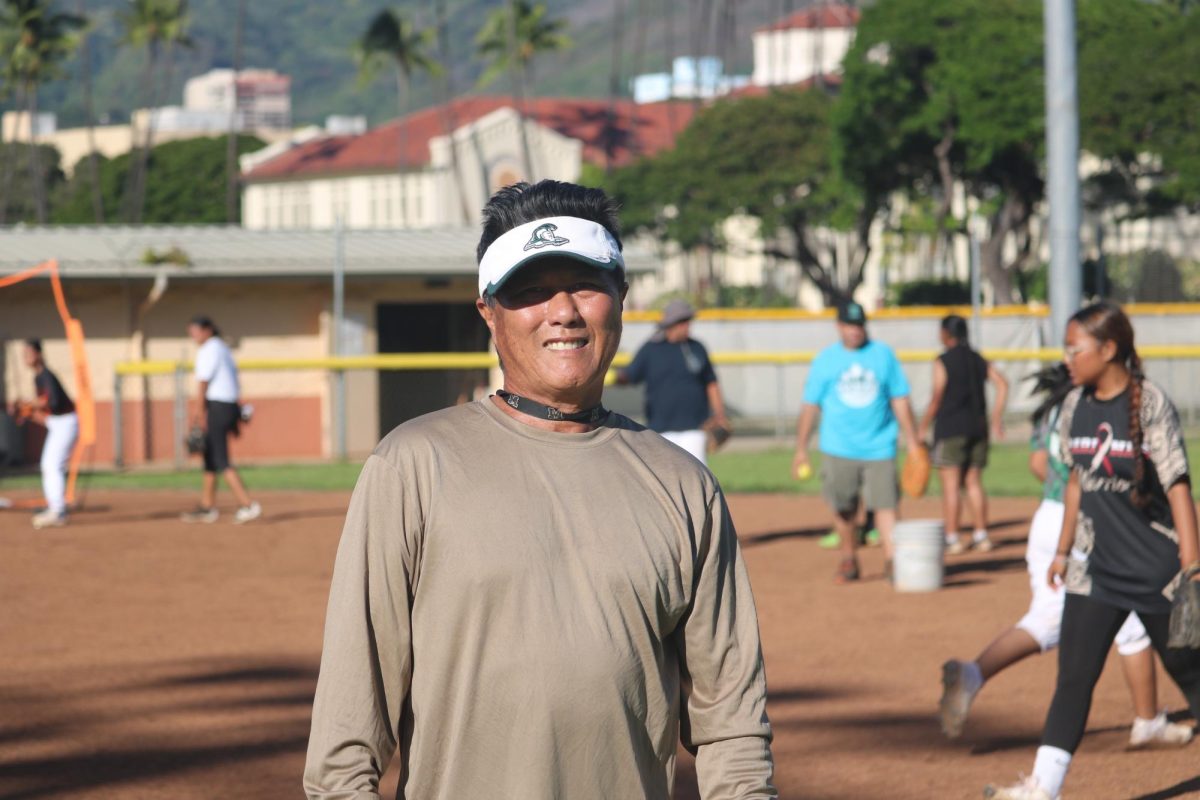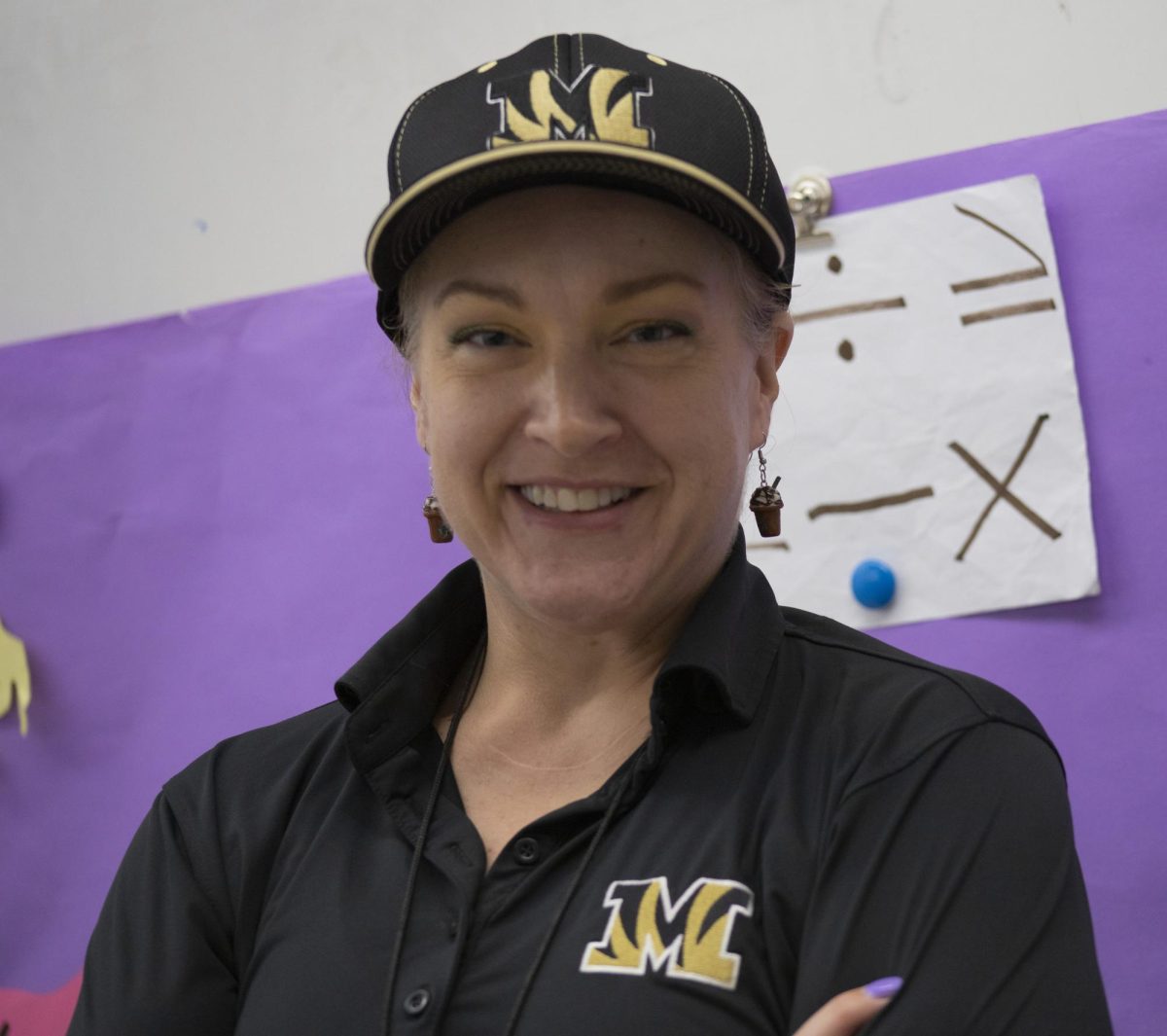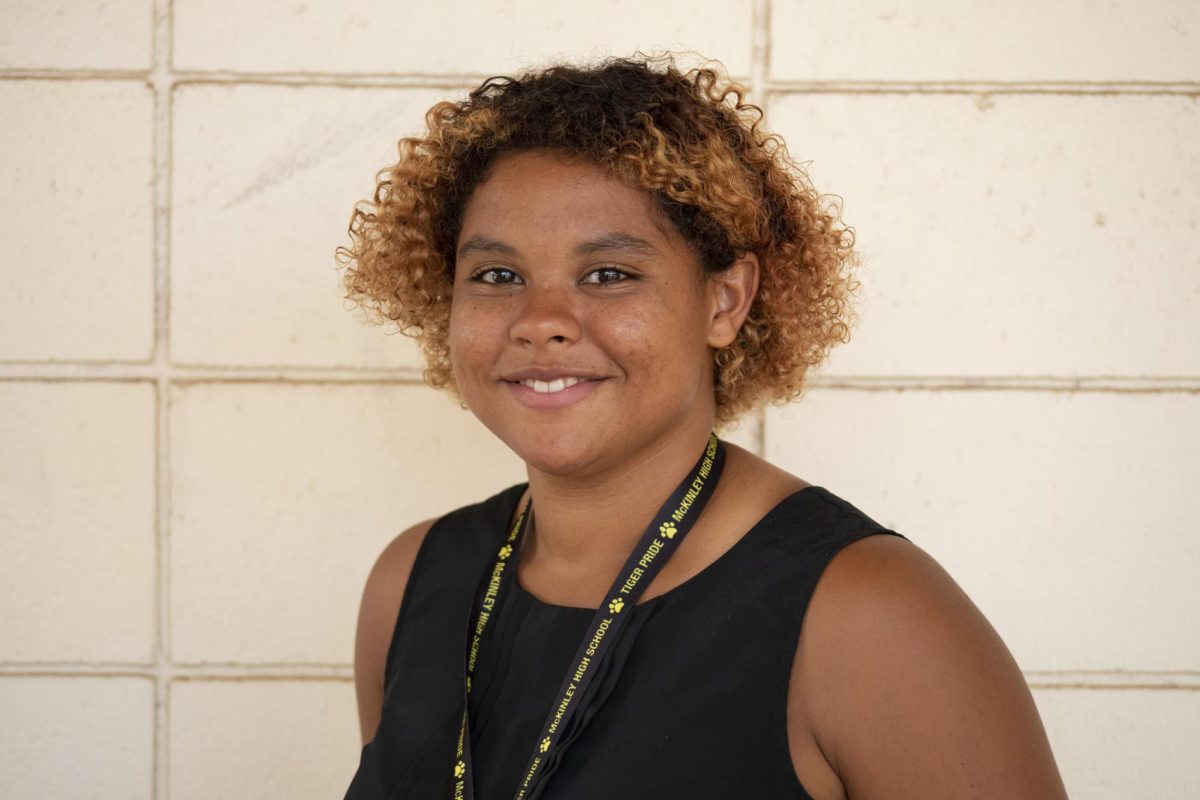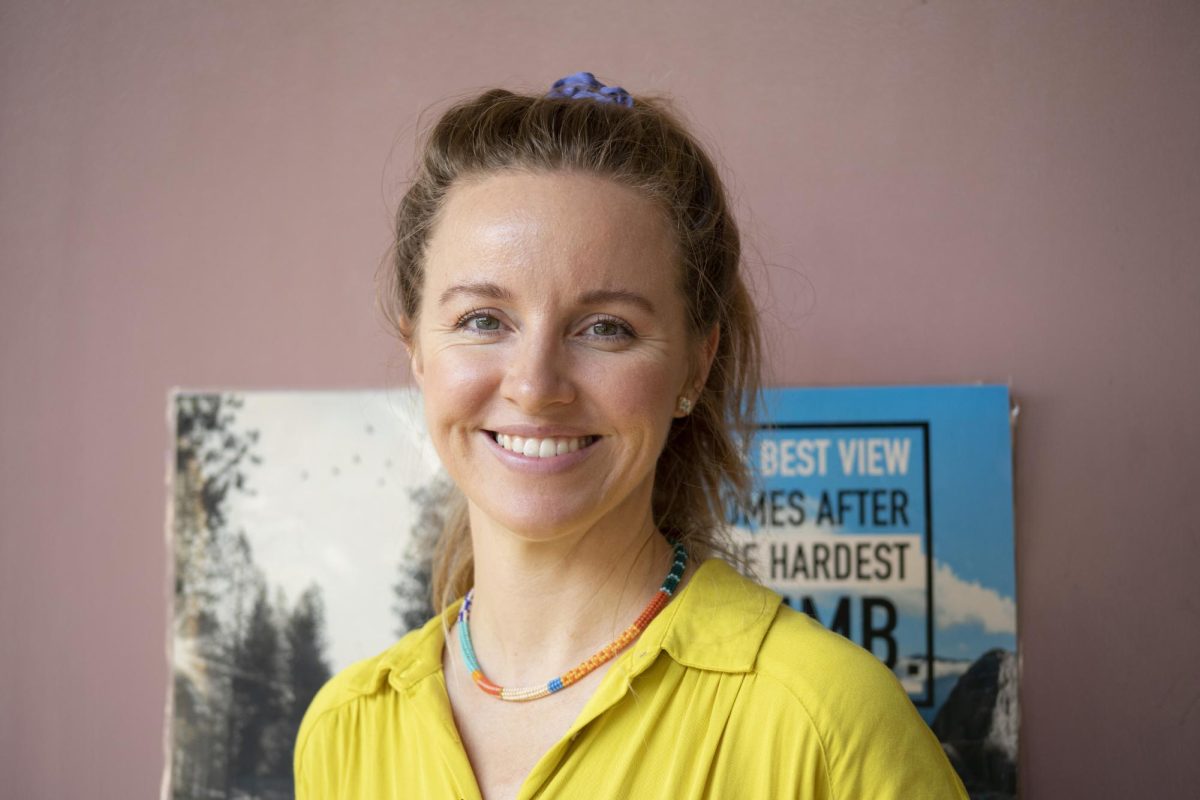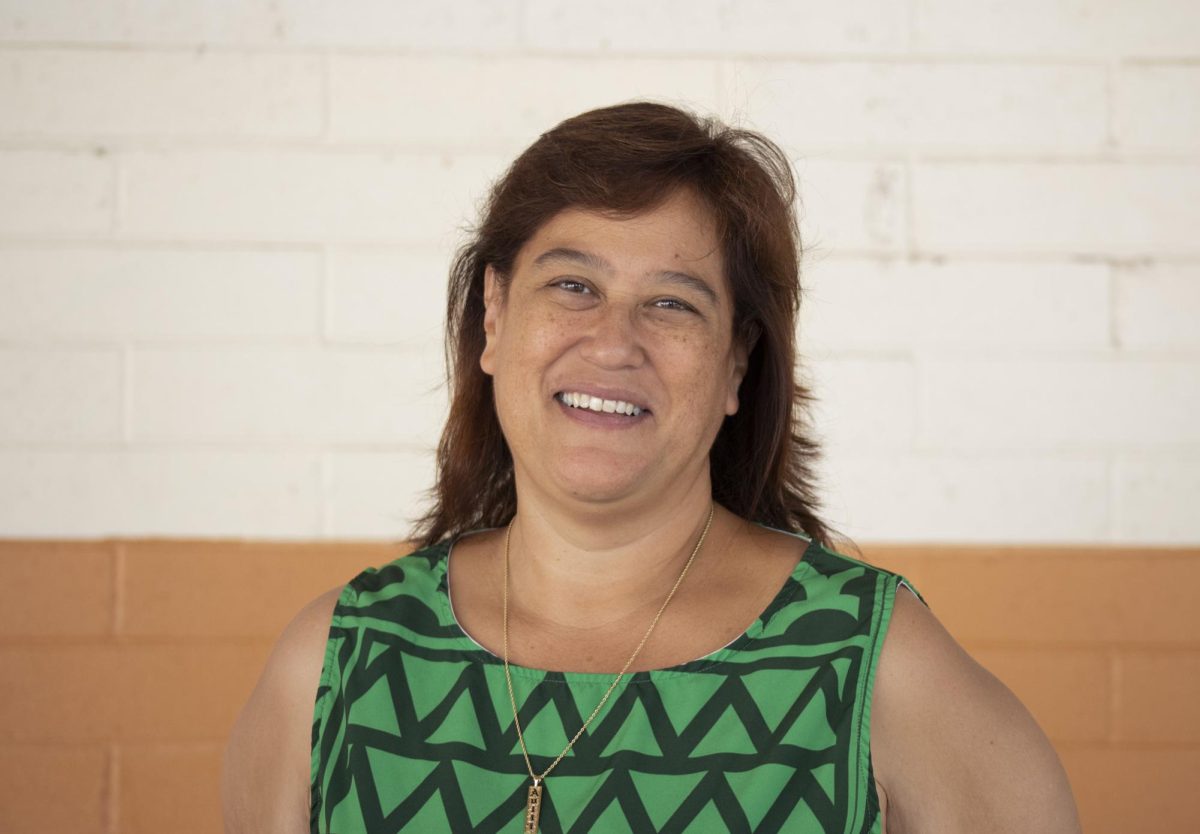From 2020 to 2022, McKinley High School did not have a health aide. Students with medical issues had to go to the secondary health room, which was in the main office. Principal Ron Okamura said he struggled trying to find a new health aide in those two years. Okamura said the pay for a high school health aide is the same for a middle school and elementary health aide.
“So, because there’s no differential between the two levels, a lot of health aides… will look for elementary school or middle school first before they come to the high school,” Okamura said.
Okamura said that luckily Shelby Johnson, McKinley’s current health aide, wanted the job. When Johnson arrived, MHS was still following Covid-19 protocols during 2022. This made the job a little more difficult than it was before, Okamura said. But Johnson said it was fine.
“She’s done a very good job here, and I’m very happy to have her. And I think the students are as well too,” Okamura said. “If there’s somebody that needs help then she’ll take care of them.”
Since then, Johnson has refurbished her furniture, so the health room has new beds and lamps. She also has been restocking the health room. The health room has cold/hot packs, ace wraps, gauze, bandages, medical tape, alcohol wipes, a thermometer and feminine hygiene products. She also said that she has ordered period kits and emergency underwear for the female students, as well new wheelchairs.
“I pretty much have everything that we need for the health room,” Johnson said.
The most common reasons students come to the health room she said are headaches, stomachaches, scratches, and cuts, which she can handle. If the patient has a fever, she will call the parents/guardians and send the patient home. If a student has a broken arm, she follows her manual. She will stabilize the bleeding and the broken area. Then she would contact the parents. If they do not answer the phone, she will call EMS.
“[I’ll] always contact parents before calling EMS because parents can probably come pick them up and since the ambulance costs money,” Johnson said.
The health aide cannot give medicine for things like fever or colds unless given permission.
“I can give medication as long as it’s approved and they have an emergency action plan,” Johnson said.
If a student needs to take ADHD medication, they have to have it approved by their doctor, complete the paperwork for it, and have Johnson complete her side of the paperwork for it. If a student is having an allergic reaction and does not have their, EpiPen or EAP, she has to call the ambulance and contact their parents or guardians. Johnson said she has yet to experience any serious emergencies, thankfully.
Johnson said that if the students need someone to comfortably talk about things, then they are welcome to visit the health room in A100.
“I am a safe person to talk to about anything really,” Johnson said.

Art by Joseph Mai




